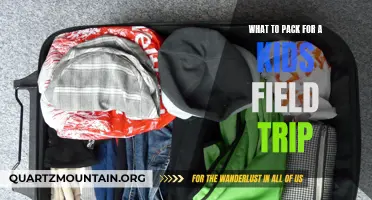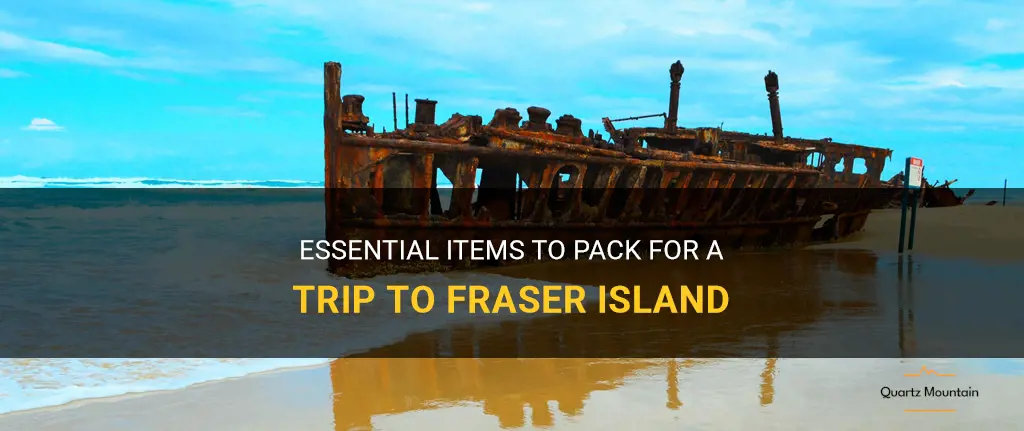
Are you planning a trip to Fraser Island, the largest sand island in the world? If so, you'll want to make sure you have everything you need packed and ready to go. From camping gear to beach essentials, we've got you covered with our list of essential items to pack for a trip to Fraser Island. So grab your sunscreen and get ready for an adventure like no other!
| Characteristics | Values |
|---|---|
| Location | Australia |
| Climate | Sub-tropical |
| Terrain | Sandy beaches, forests |
| Wildlife | Dingoes, turtles, whales |
| Activities | 4x4 driving, camping, hiking |
| Clothing | Light and comfortable |
| Footwear | Closed-toe shoes |
| Essentials | Sunscreen, insect repellent, first aid kit |
| Equipment | Camping gear, 4x4 vehicle, snorkeling gear |
| Navigation | Map, GPS |
| Food | Non-perishable items |
| Water | Sufficient supply |
| Safety | Follow vehicle regulations, beware of wildlife |
| Accommodation | Camping areas, resorts |
| Transportation | 4x4 vehicles, ferry |
| Communication | Mobile phone coverage |
| Permits | Camping permits required |
| Emergency Services | Paramedics on the island |
| Restrictions | No pets allowed |
What You'll Learn
- What are the essential items to pack for a trip to Fraser Island?
- What type of clothing should I bring for Fraser Island's climate and activities?
- Are there any specific items or equipment necessary for camping on Fraser Island?
- Should I bring my own food and water, or are there options for purchasing these on the island?
- Are there any restrictions on what I can bring to Fraser Island in terms of environmental protection and conservation?

What are the essential items to pack for a trip to Fraser Island?
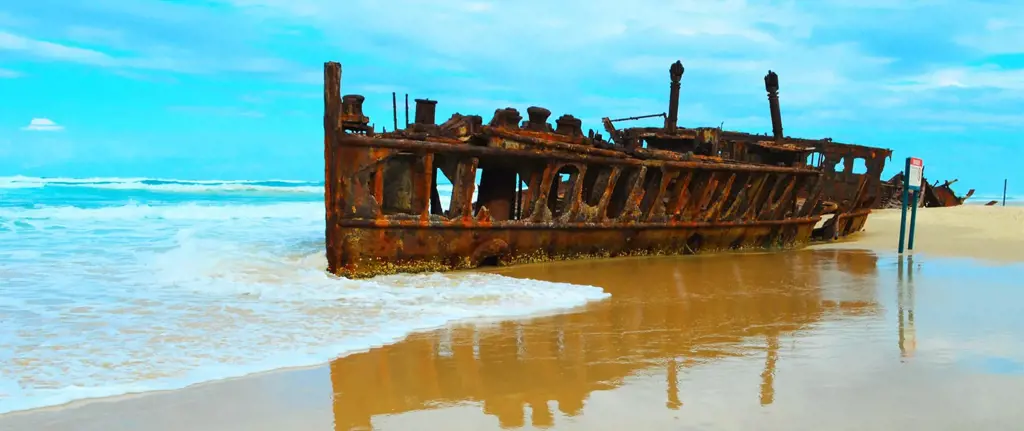
Fraser Island is a popular destination for nature lovers and adventure seekers, located off the coast of Queensland, Australia. This stunning island offers a range of activities and attractions, from exploring ancient rainforests to swimming in crystal-clear lakes. If you're planning a trip to Fraser Island, it's essential to pack the right items to ensure a comfortable and enjoyable experience. Here are some essential items to consider when packing for your trip to Fraser Island:
- Clothing: The weather on Fraser Island can be unpredictable, so it's important to pack a mix of warm and lightweight clothing. In the summer months, pack lightweight and breathable clothing such as shorts, t-shirts, and swimwear. In the cooler months, pack warmer clothing such as long-sleeved shirts, pants, and a light jacket. Don't forget to pack a hat, sunglasses, and sunscreen to protect yourself from the sun.
- Footwear: When exploring Fraser Island, you'll be doing a lot of walking, so comfortable and sturdy footwear is a must. Pack a pair of sturdy walking shoes or hiking boots that offer good ankle support. It's also a good idea to pack a pair of sandals for when you want to relax on the beach or at your accommodation.
- Insect repellent: Fraser Island is home to a variety of insects, including mosquitoes and sandflies. To protect yourself from bites, pack a good quality insect repellent and apply it regularly. You may also want to bring a mosquito net for your bed if you're planning on camping.
- Camping gear: If you're planning on camping on Fraser Island, you'll need to bring all the necessary camping gear. This includes a tent, sleeping bag, camping stove, utensils, and cooking equipment. You should also bring a camping mat or mattress for added comfort. It's important to note that permits are required for camping on Fraser Island, so make sure to obtain the necessary permits before your trip.
- Snacks and drinks: While there are restaurants and cafes on Fraser Island, they can be quite expensive. To save money and have snacks readily available, pack some non-perishable snacks such as granola bars, dried fruit, and nuts. It's also a good idea to bring a refillable water bottle to stay hydrated during your explorations.
- First aid kit: It's important to be prepared for any minor injuries or illnesses that may occur during your trip. Pack a basic first aid kit that includes items such as band-aids, antiseptic, painkillers, insect bite cream, and any necessary prescription medications.
- Camera and binoculars: Fraser Island offers breathtaking landscapes and unique wildlife sightings, so don't forget to pack your camera to capture the memories. Binoculars are also handy for birdwatching and getting a closer look at the island's wildlife.
Remember to check the latest weather forecast before your trip and pack accordingly. It's also a good idea to check with local authorities for any specific items they recommend bringing to Fraser Island. By packing these essential items, you'll be well-prepared for an unforgettable adventure on Fraser Island.
The Essential Packing Guide for a Weekend in Seville
You may want to see also

What type of clothing should I bring for Fraser Island's climate and activities?
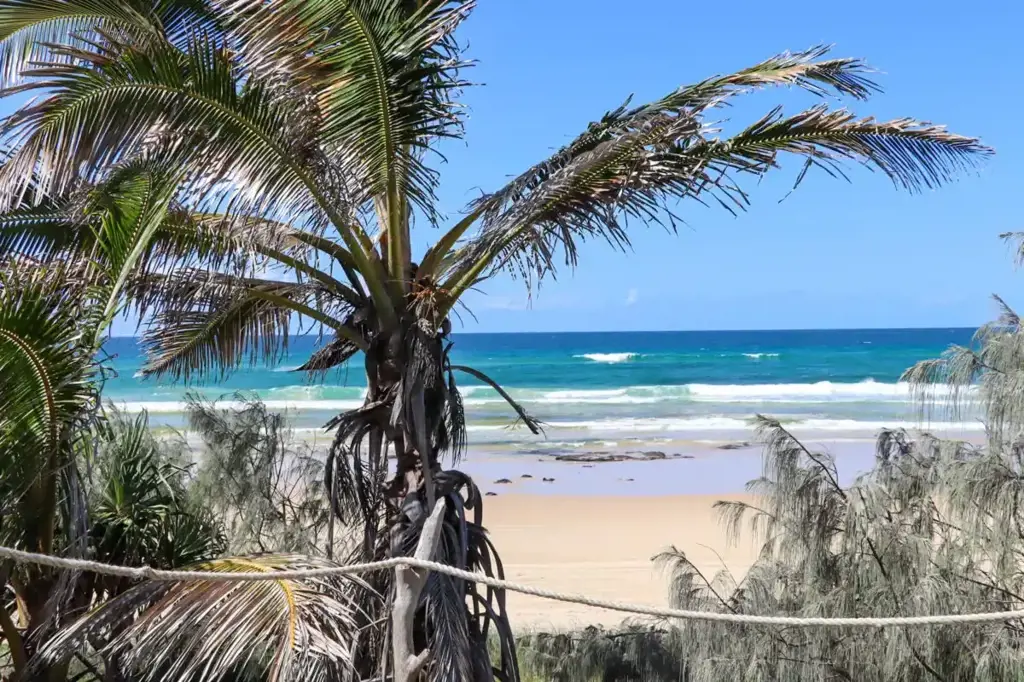
Fraser Island, located off the coast of Queensland, Australia, is a popular tourist destination known for its stunning natural beauty and unique biodiversity. Whether you're planning a day trip or a longer stay, it's important to pack the right clothing for the island's climate and activities.
Fraser Island has a subtropical climate, which means that it experiences warm and humid conditions throughout the year. The summers are hot, with temperatures often reaching the mid-30s Celsius (mid-90s Fahrenheit), while the winters are mild, with temperatures ranging from the low to mid-20s Celsius (low 70s Fahrenheit). However, it's important to note that the weather can be unpredictable, so it's best to be prepared for all conditions.
When it comes to clothing, it's important to choose fabrics that are lightweight, breathable, and quick-drying. Natural fibers such as cotton and linen are great options, as they allow air to circulate and help keep you cool. Avoid synthetic materials, as they can trap heat and moisture, leading to discomfort and even heat exhaustion.
For daytime activities on Fraser Island, such as hiking and exploring the island's famous sand dunes, it's best to wear comfortable and practical clothing. Opt for loose-fitting shorts or lightweight pants, paired with a breathable t-shirt or tank top. It's also a good idea to wear a wide-brimmed hat to protect your face and neck from the sun, as well as sunglasses and sunscreen.
When it comes to footwear, it's important to choose something sturdy and closed-toe, as the island's terrain can be uneven and potentially dangerous. Hiking boots or trail shoes with good grip are recommended, especially if you plan on exploring the island's rainforests or climbing the sand dunes.
In the evenings, the temperature can drop slightly, so it's a good idea to pack a lightweight jacket or sweater. This will not only keep you warm, but also protect you from any mosquitoes or other bugs that may be more active at night.
If you plan on swimming or participating in water activities, don't forget to pack your swimsuit, as well as a rash guard or t-shirt for added sun protection. A towel and a change of clothes are also essential.
In summary, when packing for Fraser Island, it's important to choose lightweight and breathable clothing made of natural fibers. Opt for loose-fitting shorts or pants, paired with a t-shirt or tank top, and don't forget to pack a wide-brimmed hat, sunglasses, and sunscreen. Sturdy closed-toe footwear is a must, as well as a lightweight jacket or sweater for the evenings. And if you plan on swimming or participating in water activities, don't forget your swimsuit and a rash guard or t-shirt for added sun protection. By packing the right clothing, you can ensure a comfortable and enjoyable experience on Fraser Island.
Essential Packing Guide for a Ski Trip to Colorado
You may want to see also

Are there any specific items or equipment necessary for camping on Fraser Island?
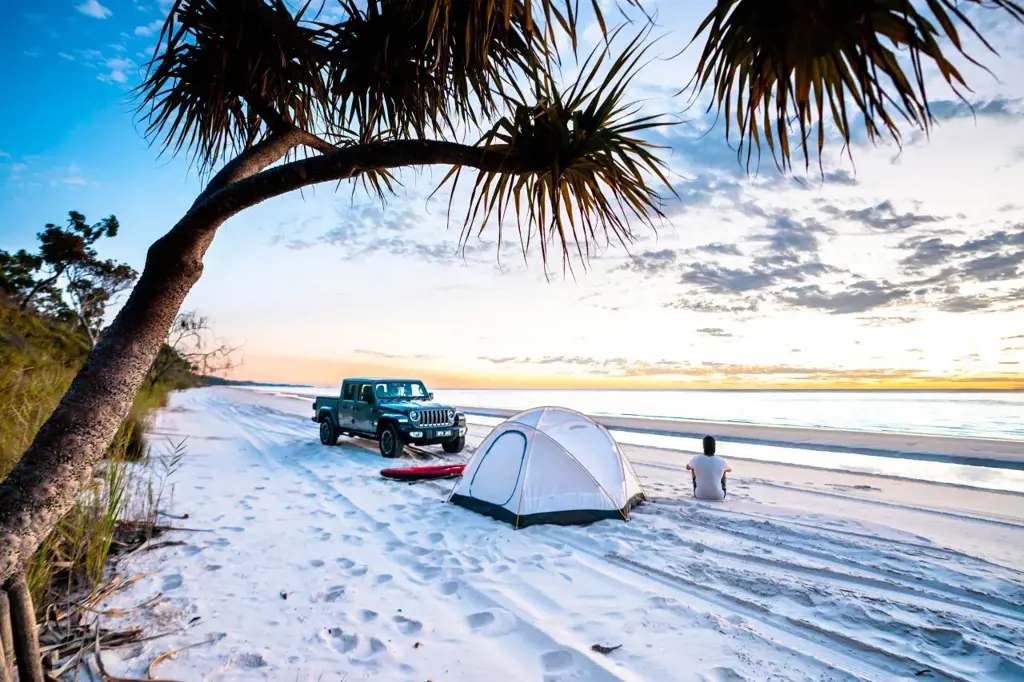
Fraser Island, located off the eastern coast of Australia, is a popular destination for camping and outdoor enthusiasts. With its stunning beaches, crystal-clear lakes, and diverse wildlife, it offers a truly unique camping experience. However, due to the island's remote location and challenging terrain, there are some specific items and equipment that are necessary for a successful camping trip.
First and foremost, a reliable four-wheel drive (4WD) vehicle is essential for camping on Fraser Island. The island's sandy tracks and rough terrain require a capable vehicle that can handle these conditions. It is important to ensure that the 4WD vehicle is properly equipped with a high-clearance, appropriate tires, and recovery equipment such as a snatch strap, shovel, and tire deflator.
In addition to a 4WD vehicle, a camping permit is required to camp on Fraser Island. These permits can be obtained online or from the Department of National Parks, Sports, and Racing. It is essential to book your camping permit in advance, especially during peak seasons, as there are limited campsites available on the island.
When it comes to camping gear, a sturdy tent is a must-have item. Fraser Island experiences changeable weather conditions, including strong winds and heavy rainfall, so it is important to choose a tent that is durable and waterproof. A good quality sleeping bag and camping mattress are also necessary for a comfortable night's sleep.
As for cooking and food storage, a gas stove or barbecue is recommended, as open fires are not permitted on the island. It is important to bring enough food and water for the duration of your stay, as the only commercial facilities on the island are located at Eurong Beach Resort and Kingfisher Bay Resort.
To ensure your safety while camping on Fraser Island, a first aid kit is essential. This should include basic medical supplies such as bandages, antiseptic cream, and painkillers. Additionally, insect repellent, sunscreen, and a hat are necessary to protect yourself from the island's abundant mosquito population and the harsh Australian sun.
Other essential equipment includes a camping table, chairs, a torch or headlamp, garbage bags, and a portable toilet or shovel for waste disposal. It is important to leave no trace behind and to follow the island's strict environmental guidelines.
Furthermore, it is recommended to bring a map and a GPS device to navigate the island's extensive network of tracks. Familiarize yourself with the island's road rules and be prepared for driving in soft sand. It is also advisable to have a comprehensive vehicle insurance policy that covers off-road driving and recovery costs.
In conclusion, camping on Fraser Island requires specific items and equipment to ensure a safe and enjoyable experience. A reliable 4WD vehicle, camping permit, sturdy tent, cooking and food storage equipment, first aid kit, and basic camping gear are all essential. It is important to plan and prepare well in advance to ensure a successful camping trip on this beautiful Australian island.
Pack These Delicious Foods for Your Great Wolf Lodge Trip
You may want to see also

Should I bring my own food and water, or are there options for purchasing these on the island?
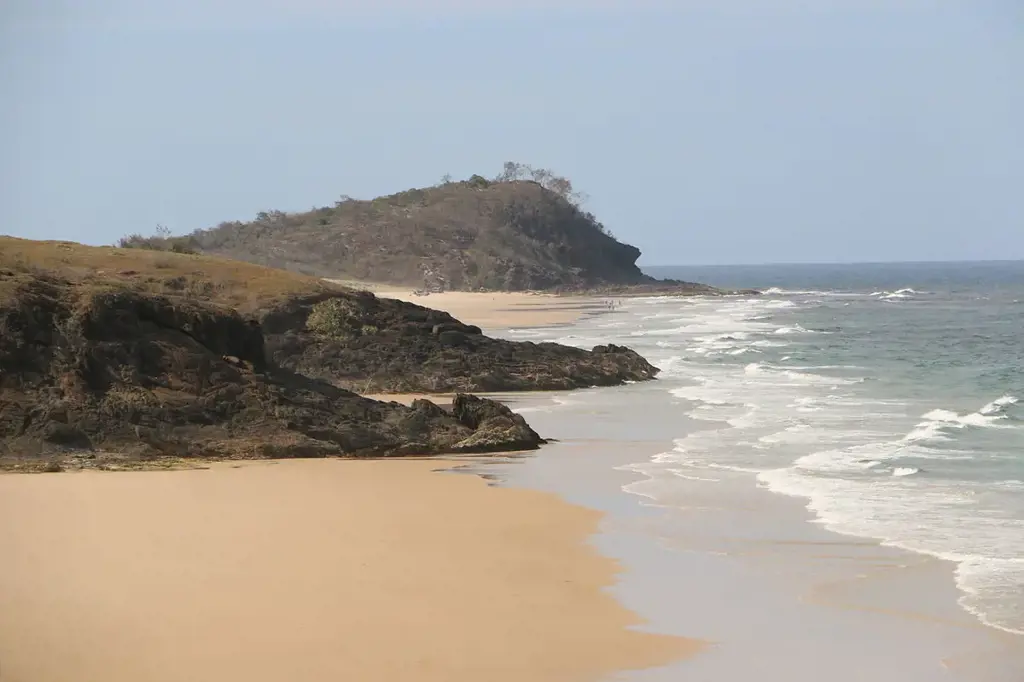
Visiting an island can be an exciting and memorable experience, but it's important to plan ahead when it comes to basic necessities like food and water. Some islands may have limited options for purchasing these supplies, so you may need to bring your own. Here, we will explore the considerations for whether you should bring your own food and water or rely on purchasing options on the island.
Availability of Purchasing Options:
Before deciding whether to bring your own food and water, it's essential to research and assess the availability of purchasing options on the island you plan to visit. Some islands may have small local stores or markets where you can buy essential items, while others may have limited or no options at all. Additionally, some islands may only have specific shops or vendors that may not cater to your dietary preferences or requirements. By understanding the availability of purchasing options, you can make an informed decision about bringing your own supplies.
Cost and Quality:
Another crucial factor to consider is the cost and quality of the food and water available for purchase on the island. It's important to note that the prices of goods on islands can be higher due to transportation and logistical challenges. Additionally, the quality and variety of items may be limited compared to what you can find on the mainland. If you have specific dietary needs or preferences, like vegan, gluten-free, or organic options, you may find it more challenging to find suitable choices on the island. In such cases, bringing your own supplies can ensure that you have access to the food and water you need.
Sanitation and Safety:
The safety and quality of the water available on the island may also be a concern. Some islands may have limited access to clean and safe drinking water, and relying on purchasing options might not guarantee the quality you desire. It's essential to ensure that the water available on the island meets your standards for safety and sanitation. Bringing your own water can provide peace of mind and help prevent potential health issues that may arise from consuming unsafe water.
Convenience and Planning:
While bringing your own food and water may require some extra preparation and effort, it can offer convenience and flexibility during your trip. When you bring your own supplies, you can ensure you have your preferred snacks, meals, and beverages readily available, especially if you have dietary restrictions, allergies, or specific preferences. Moreover, if the island you're visiting has limited options for purchasing food and water, you won't have to spend time and effort searching for suitable choices. By planning and packing your supplies in advance, you can focus more on enjoying your time on the island.
In conclusion, whether you should bring your own food and water or rely on purchasing options on an island depends on several factors. By considering the availability, cost, quality, sanitation, and convenience of purchasing options, you can make an informed decision. It's always a good idea to research and plan ahead to ensure that you have the necessary supplies for a comfortable and enjoyable island experience.
Essential Items for a Memorable Week in Ibiza: What to Pack
You may want to see also

Are there any restrictions on what I can bring to Fraser Island in terms of environmental protection and conservation?
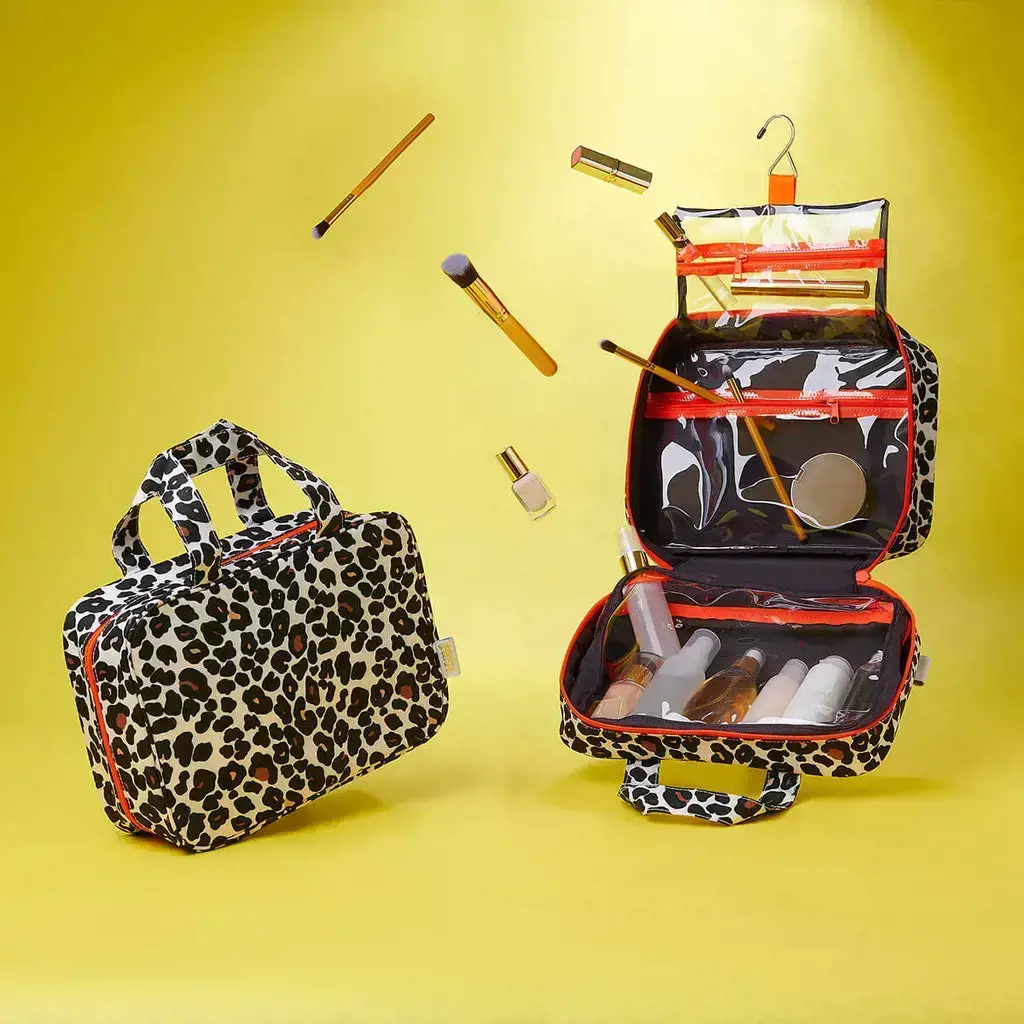
Fraser Island, located off the eastern coast of Australia, is a beautiful and unique destination known for its stunning beaches, crystal-clear lakes, and lush rainforests. As a UNESCO World Heritage Site, Fraser Island is not only a popular tourist destination but also a crucial conservation area. Therefore, there are certain restrictions on what visitors can bring to the island to ensure its environmental protection and conservation.
One of the main restrictions on Fraser Island is related to camping equipment and firewood. Visitors are not allowed to bring their own firewood from the mainland to the island. This is to prevent the introduction of non-native species and potential diseases that can harm the island's delicate ecosystem. Instead, visitors are expected to use firewood provided on the island or purchase it locally.
Similarly, camping equipment such as tents and camping stoves must be clean and free from any seeds, soil, or other potential contaminants. This is to prevent the spread of invasive species that can outcompete native plants and disrupt the island's biodiversity.
In terms of food, visitors are encouraged to bring only what they need and avoid bringing excessive packaging or single-use plastics. This helps minimize waste and reduces the impact on the island's delicate ecosystems. It is also important to properly dispose of any waste in designated bins or take it back with you when leaving the island.
When it comes to aquatic activities such as snorkeling or swimming, visitors are advised to use only eco-friendly sunscreen. Many conventional sunscreens contain harmful chemicals that can harm coral reefs and marine life. By using reef-safe sunscreen, visitors can enjoy the water activities without causing any harm to the island's fragile marine ecosystem.
Furthermore, hunting or fishing is strictly prohibited on Fraser Island to protect the island's wildlife population. Visitors are not allowed to bring any firearms or other hunting equipment to the island, as these can pose a significant threat to the native fauna.
In order to maintain the island's pristine condition, visitors are also encouraged to stay on designated tracks and avoid driving off-road. This helps minimize erosion and prevents damage to the island's fragile sand dunes and vegetation.
Overall, Fraser Island's restrictions on what visitors can bring aim to protect its unique natural environment and ensure the preservation of its diverse wildlife. By adhering to these restrictions, visitors can contribute to the conservation efforts and enjoy the beauty of Fraser Island sustainably.
In conclusion, when planning a trip to Fraser Island, it is crucial to be mindful of the restrictions in place to protect the island's environment. Avoid bringing non-native firewood, ensure camping equipment is clean, minimize waste and avoid single-use plastics, use reef-safe sunscreen, and adhere to fishing and off-road driving restrictions. By following these guidelines, visitors can help preserve the natural beauty and biodiversity of Fraser Island for future generations to enjoy.
The Ultimate Guide: Mastering the Art of Packing a Suitcase
You may want to see also
Frequently asked questions
When packing for a trip to Fraser Island, it is essential to pack lightweight and breathable clothing, including swimwear, comfortable walking shoes, a hat, and sunglasses.
If you plan on camping on Fraser Island, you will need to bring your own camping gear, including a tent, sleeping bag, and camping stove. However, if you are staying at one of the island's resorts or eco-lodges, they will provide the necessary accommodations.
Fraser Island is known for its mosquitoes and sandflies, so it is crucial to bring a strong insect repellent. Look for a repellent that contains DEET or picaridin for maximum protection against these pests.
It is always a good idea to bring a basic first aid kit when traveling, especially to remote locations like Fraser Island. Include items such as bandages, antiseptic cream, painkillers, and any personal medication you may need.
Yes, you can bring your own food and drinks to Fraser Island. However, it is recommended to meal plan and bring non-perishable items as there are limited grocery facilities on the island. Also, be sure to bring plenty of fresh water as the island's drinking water can be limited.




